There will be no changes to kerbside services due to Anzac Day (Thursday 25 April) Pop your bins out as usual by 7am on your normal collection day.
Every busy household produces waste. It’s right there in your face unless you find responsible ways to deal with it. That’s why the home a great place to start your waste minimisation journey.
The size of the red rubbish wheelie bin was based on waste assessments and community consultations conducted in 2016 and 2017. This research found that the size of the bin would suit most Hamiltonians and also supports Hamilton’s 2018-2024 Waste Management and Minimisation Plan’s six-year targets of reducing rubbish to landfill and increasing recycling.
From the waste audit we found most of the waste in black bags was made up of recyclable and compostable items – check out this infographic. In fact, almost 50% (by weight) of waste was made up of food scraps. Because of this, the new service includes a larger mixed recycling bin which can take plastics 1-7, and a food scraps bin. When used correctly, this should limit the amount of waste going to landfill and the red bin should suit.
We encourage you to use the mixed recycling wheelie bin, glass recycling crate, and food scraps bin which should limit the amount of rubbish going into your red bin (waste). If you have excess rubbish you can take this to the Lincoln Street Resource Recovery Centre.
Keep scrolling for tips on how to minimise waste at home.
A ‘waste audit’ involves looking at and documenting rubbish and recycling. It’s an effective way to see the types and amounts of waste you produce, and what alternatives you can use to reduce this.
To get a good understanding of waste minimisation and the waste hierarchy before getting started, check out the waste minimisation page.
An easy guide to conducting a waste audit can be found on the Plastic Free July website, but the basic steps involve:
Any change counts. You can do follow-on audits later on too, to find out how you’re doing on your waste minimisation journey and identify more items for reuse and recycling.
Another way to approach minimising household waste, is to focus on individual areas of the house one at a time. For example, you could start by looking at eco-swaps for bathroom waste and alternatives first, then move on to the laundry, the kitchen, and so on.
Remember though, it’s your waste minimisation journey, so make small changes that you feel comfortable with, based on where you’re at.
Swap plastic shampoo and shower gel bottles for soap bars. These can often be found package-free in bulk bin stores.
Replace disposable razors with safety razors, which allow you to change the blade (once it’s blunt) but keep everything else, saving on the waste. Some companies even take back used blades for recycling.
Use a regularly-washed flannel instead of make-up removal wipes, or use repurposed old textiles, plus a removal lotion. Some wipes – even the ‘flushable’ and ’biodegradable’ ones – can contain plastic fibres and other materials that clog up our waterways and don’t break down.
Grow your own fresh herbs at home – this will pack in some flavour while also saving on packaging.
Swap hard-to-recycle plastic wrap for reusable beeswax wraps to keep food fresh – you can even make your own.
Repurpose takeaway containers to store leftovers in the fridge for lunch the next day, or freezing for a later date.
Check your cupboards and make a list before shopping to avoid unnecessary food waste.
Avoid multi-pack items and buy in bulk where you can. It’s less wasteful and usually cheaper, too.
Use old (and clean) jars, containers, and bags to buy package-free produce such as nuts, grains, pasta, cereals, flour, etc. at supermarkets and bulk bin stores. Lots of supermarkets will now also accept containers for delicatessen items too.
Make your own environmentally-friendly cleaner from some basic pantry ingredients and citrus scraps – check out this recipe.
Swap paper towels for reusable cleaning cloths, or repurpose old textiles cut down to size – they won’t add much to the weekly wash.
Refill options are available for laundry detergents and soaps at bulk bin stores – just take your own container and weigh it before filling up.
Buy second-hand clothing wherever possible. There are a variety of ‘op shops’ across Hamilton, and your money will go towards a great cause.
Donate clothing that you no longer need or wear – it’s far better than sending them to landfill, and charities are always grateful to receive good quality, re-sellable items.
Check a friend’s wardrobe instead of buying new. There are also plenty of garment rental services online.
Ditch the disposables and try reusable nappies. They’re easy to use and will save you a heap of money in the long run. We've got a handy guide to help you get started!
Join a local toy library like toylibrary.co.nz where you can hire puzzles, games, learning activities and more, for a set period of time, rather than buying new.
Swap out material gifts for memory-making. Instead of the latest toy or gadget for every birthday and Christmas, consider whether there’s a museum, zoo, aquarium or other experience-based gift that your child would enjoy.
Get you house in order – one room at a time – using the handy tips you’ll find by hovering your mouse over or clicking on each room in the house image below.
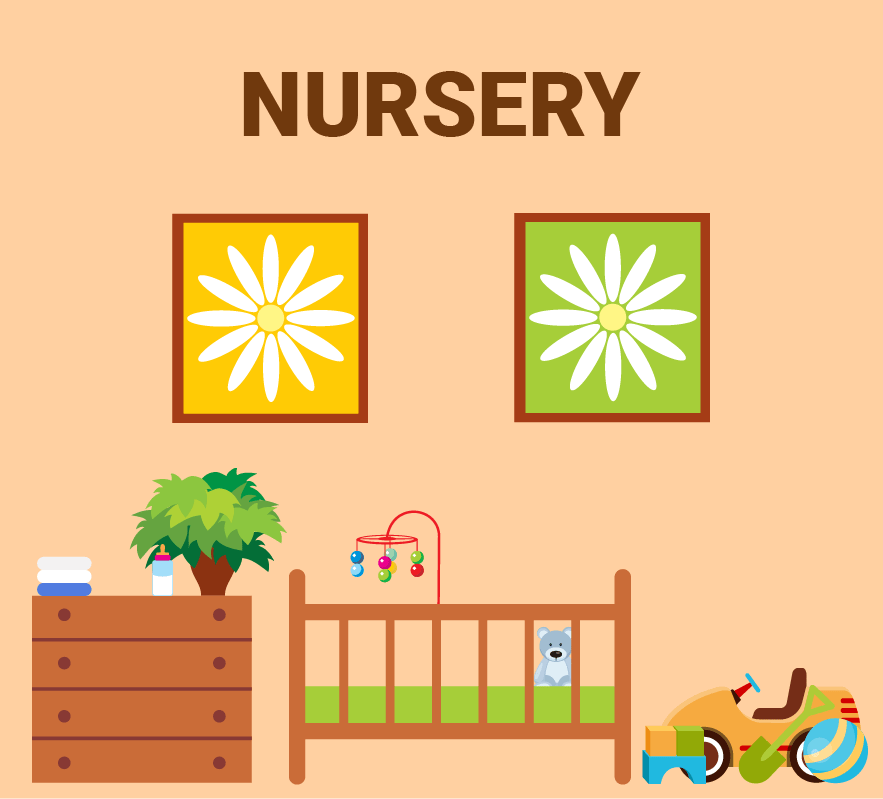
NURSERY
|
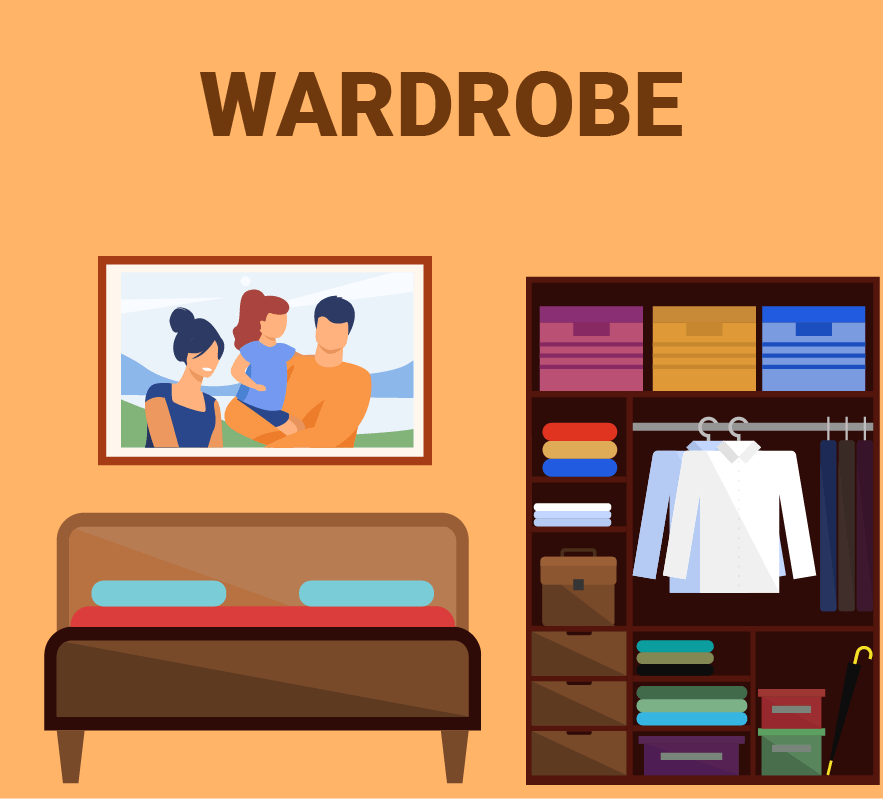
WARDROBE
|
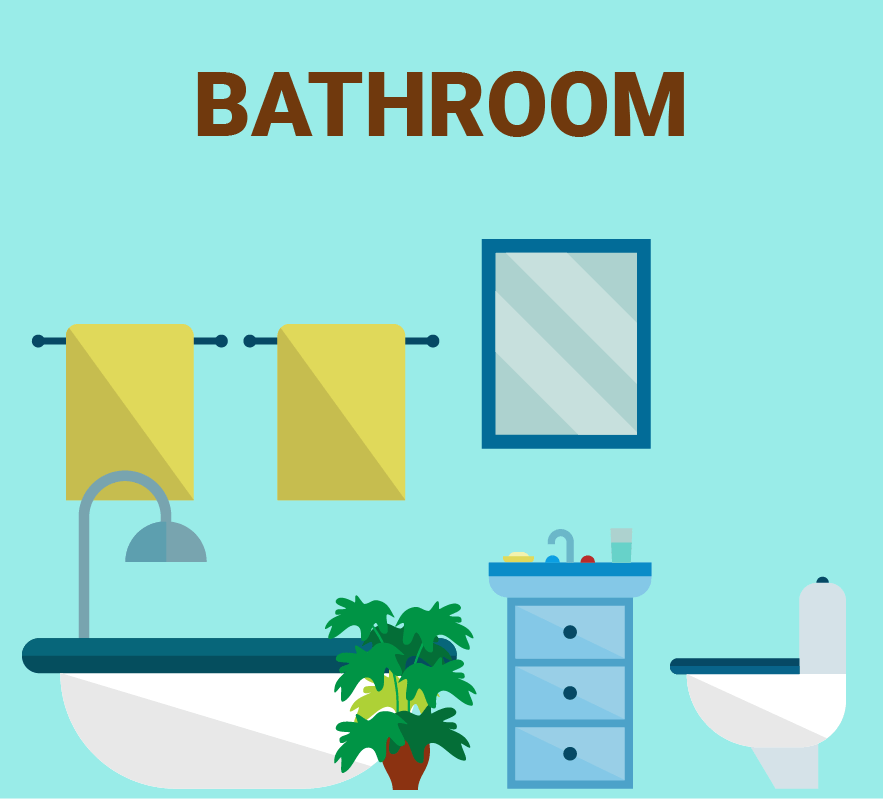
BATHROOM
|
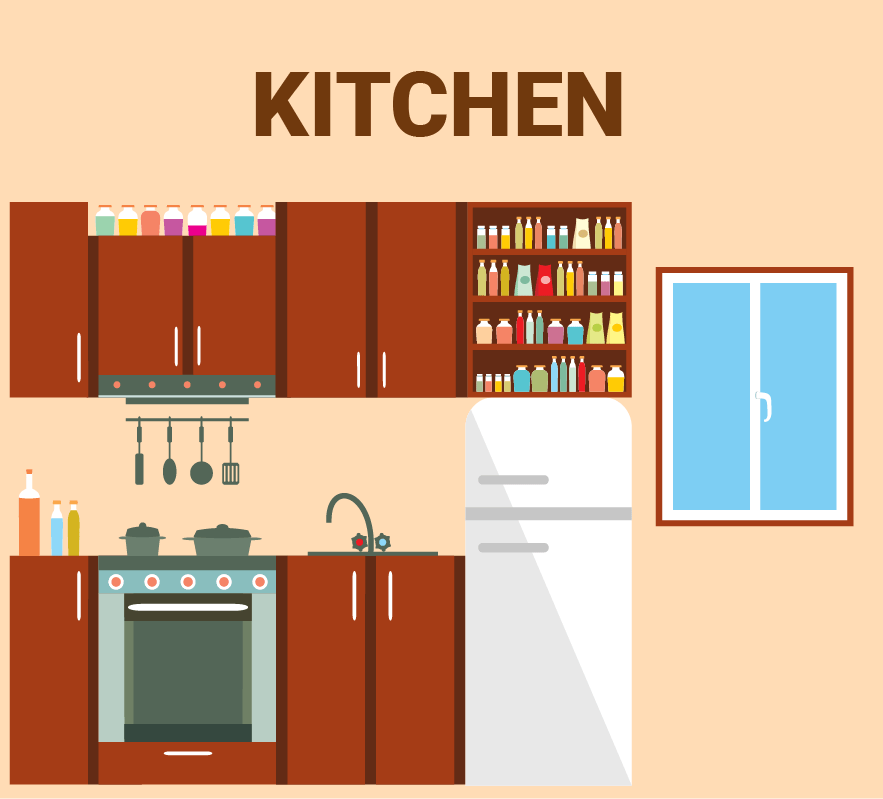
KITCHEN
|
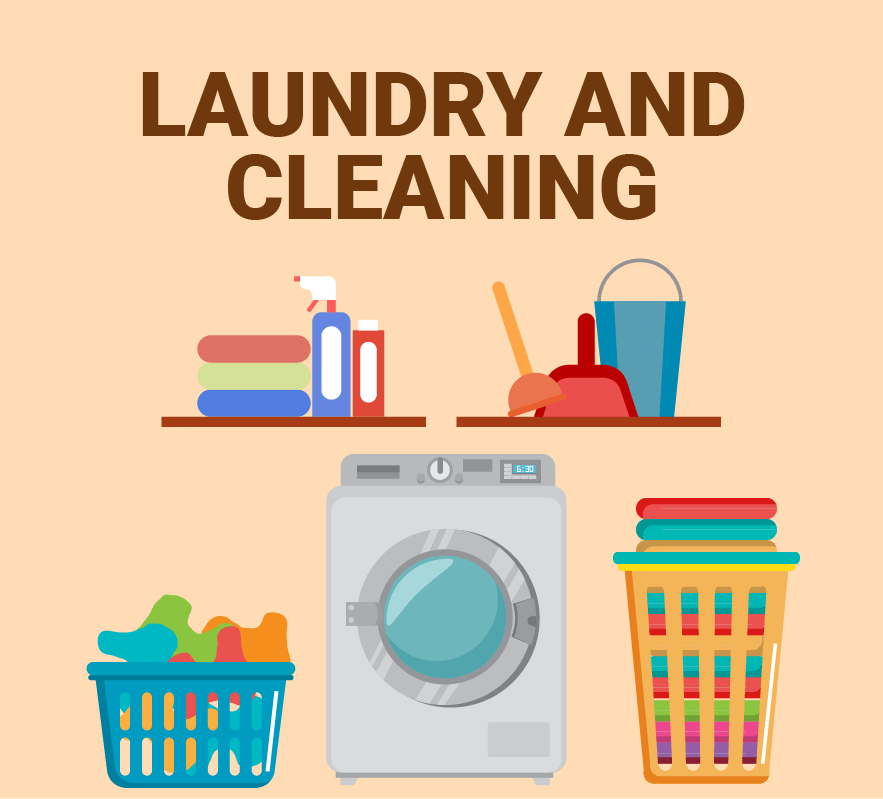
LAUNDRY AND CLEANING
|
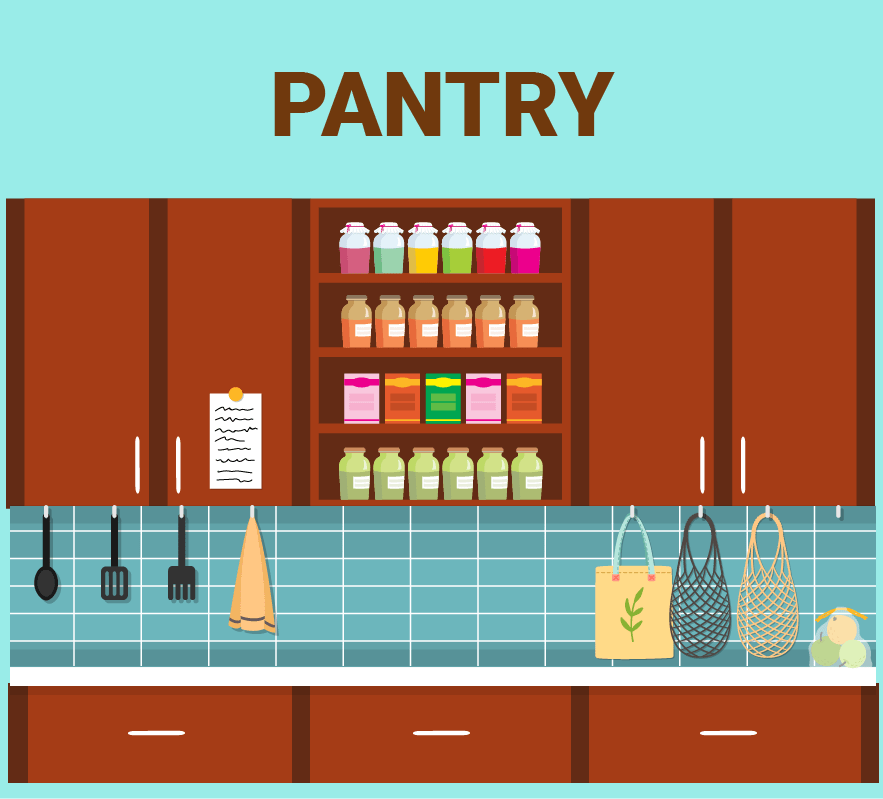
PANTRY
|

Make your own cleaner from some
basic pantry ingredients and citrus
scraps – check out this recipe
Swap paper towels for reusable
cleaning clothes, or repurpose
old textiles
Refill laundry detergents and soaps
at bulk bin stores. Just take
your own container and
weigh it first
Ditch the disposables and try
reusable nappies. They're easy to use
and will save you a heap of money in
the long run.
Join a local toy library like toylibrary.co.nz
where you can hire puzzles, games,
etc., rather than buying new.
Instead of the latest toy or gadget for a
birthday or Christmas, consider a
museum, zoo, aquarium or other
experience-based gift that your
child would enjoy.
Buy second-hand clothing wherever
possible. There are a variety of ‘op
shops’ across Hamilton, and your
money will go towards a great cause.
Donate clothing items that you no longer
need or wear – it's far better than
sending them to landfill, and charities
are always grateful to receive good
quality, re-sellable items.
Check a friend's wardrobe instead
of buying new. There are also
plenty of garment rental
services online.
Swap plastic shampoo and shower
gel bottles for shampoo and soap
bars. These can often be found
package-free in bulk bin stores.
Replace disposable razors with safety
razors, which allow you to change the
blade (once it’s blunt) but keep everything
else, saving on the waste.
Use a regularly-washed flannel instead
of disposable make-up removal
wipes, or use repurposed old
textiles, plus a
removal lotion.
Grow your own fresh herbs at home
– this will pack in some flavour
while also saving on packaging.
Swap hard-to-recycle plastic wrap for
reusable beeswax wraps to keep food fresh
– you can even make your own.
Repurpose takeaway containers to store
leftovers in the fridge for lunch the next
day, or freezing for a later date.
Check cupboards and make a list
before shopping to avoid food waste
Avoid multi-pack items and buy in
bulk. It’s less wasteful and
usually cheaper
Re-use jars, containers and bags to
buy package-free produce at
supermarkets and bulk bin stores.
Lots of supermarkets also accept
containers for deli items too